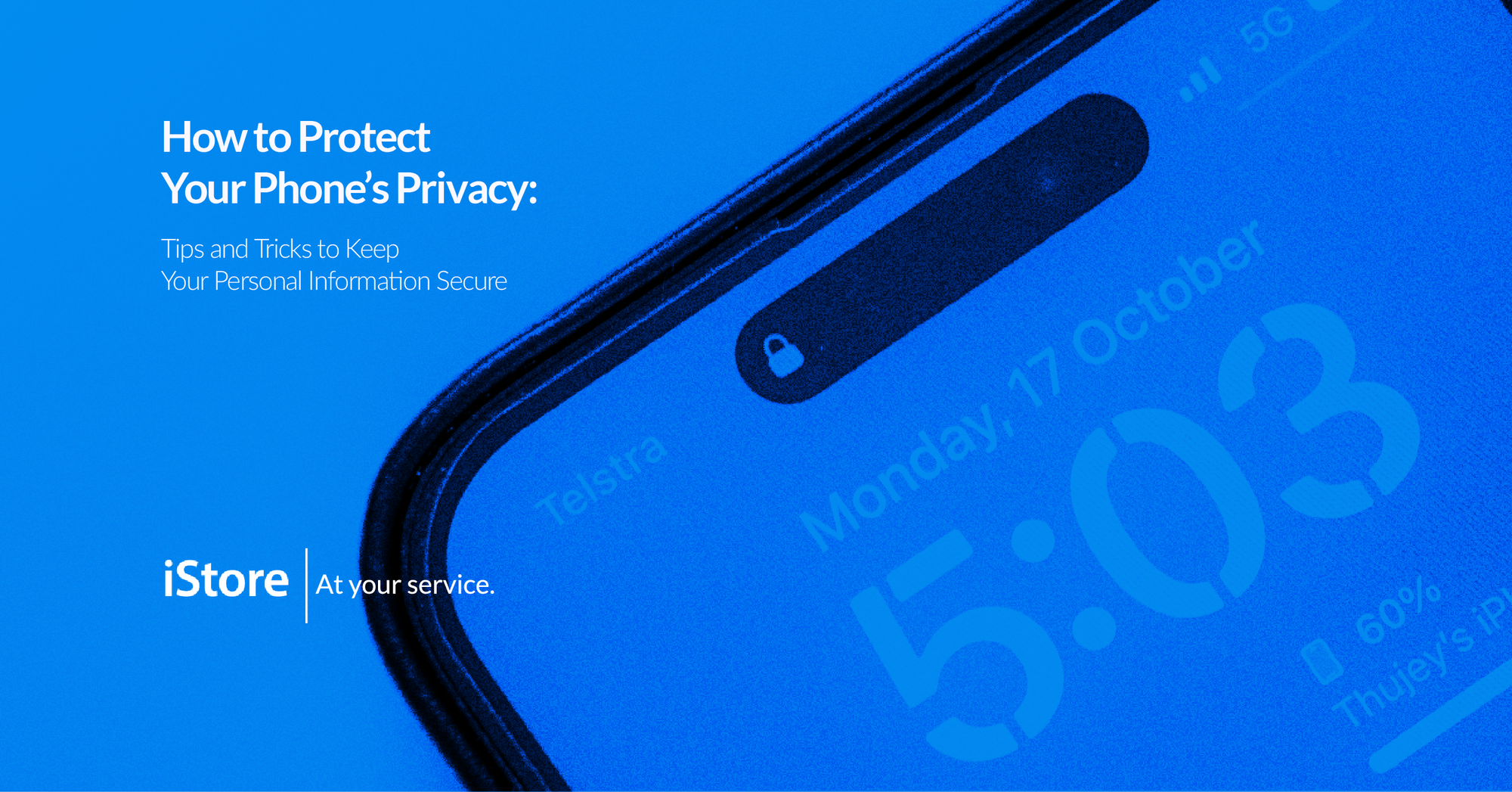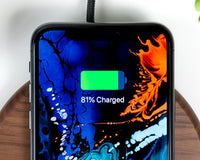Protecting your phone privacy is an essential aspect of safeguarding your personal information and sensitive data. Here are some tips to help you protect your phone privacy:
- Set up a passcode or use biometric authentication: A passcode or biometric authentication (such as fingerprints or face recognition) is an essential security feature that can prevent unauthorized access to your phone.
- Update your phone regularly: Software updates often include security patches and bug fixes that can help keep your phone secure.
- Use a VPN: A Virtual Private Network (VPN) encrypts your internet traffic and protects your online privacy by routing your traffic through a private server. This can help prevent hackers or other prying eyes from intercepting your data.
- Be cautious of public Wi-Fi: Public Wi-Fi networks can be vulnerable to cyber-attacks. Try to avoid using public Wi-Fi networks, or use a VPN when connecting to public Wi-Fi.
- Review app permissions: Be mindful of the permissions you grant to apps. Only grant necessary permissions and be wary of apps that request access to your contacts, microphone, camera, or other sensitive information.
- Enable two-factor authentication: Two-factor authentication provides an extra layer of security to your accounts by requiring a code sent to your phone or another device in addition to your password.
- Use secure messaging apps: Some messaging apps, such as Signal or WhatsApp, offer end-to-end encryption to protect your messages from being intercepted.
By following these tips, you can help protect your phone privacy and keep your personal information and data secure.





